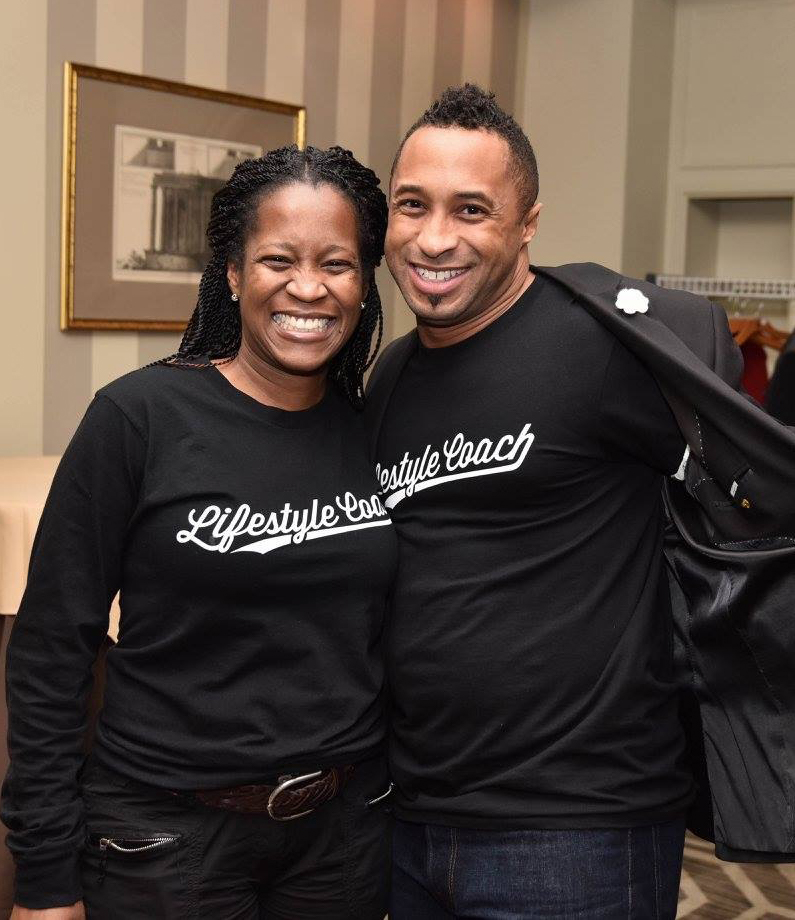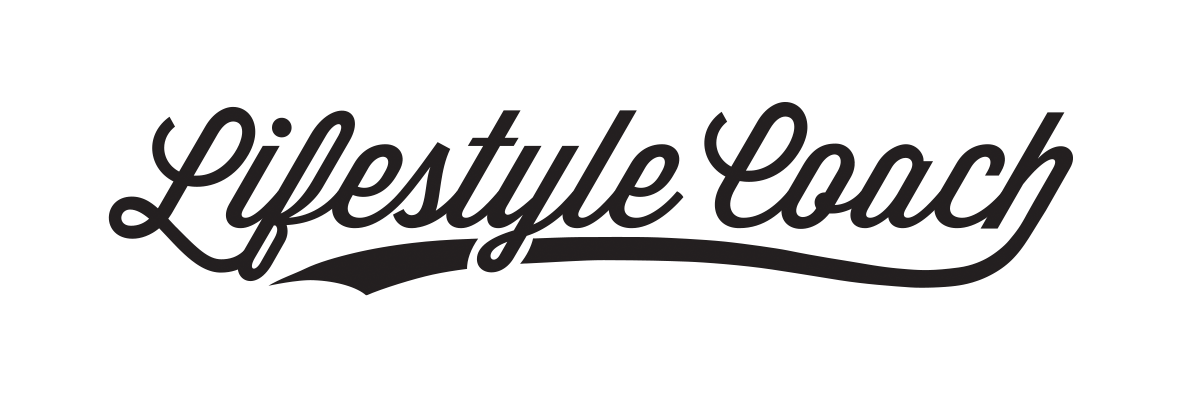A CDC Lifestyle Change Training Entity
The Black Women’s Health Imperative (BWHI) was selected by the Centers for Disease Control and Prevention (CDC) as one of six national organizations in 2012 to take the evidence-based National Diabetes Prevention Program (National DPP) to scale through a five-year cooperative agreement. BWHI is one of 3 legacy organizations selected to continue this work in 2017. Our lifestyle change program provider network consists of partnering organizations in 12 states; and while we place special emphasis on enrolling Black women and Latinas – given their burden of the disease – our program is open to anyone regardless of gender or race.
Lifestyle coaches are central to the success of the lifestyle change program and its participants. In addition to facilitating the group using the lifestyle change curriculum, coaches are responsible for ensuring that all participants have a positive program experience and are supported in meeting their program goals. Our training approach is to integrate learning, knowledge and skills building with group activities and experiential games that enhance the lifestyle coach experience and appeal to diverse audiences and multiple generations. As a CDC lifestyle change training entity, we provide the training in both English and Spanish.
New Coach Training
$750
Designed for organizations who are CDC-recognized program providers or are applying for recognition and needing individual who are new to the industry to be trained as Lifestyle Coaches. Lifestyle Coach training can be based on the original CDC curriculum or PreventT2.
Coaching for Success
$300
Advanced skills training designed to build the coaching capacity of experienced lifestyle coaches through a variety of interactive exercises that enhance program delivery, promote program effectiveness, and rejuvenate lifestyle coaches as well. Coaches must have completed facilitating at least one full 12-month class, to qualify for this training.
CEUs available for Registered Dieticians, Registered Nurses and Pharmacists.
TA Boot Camp
500
A customized Technical Assistance hybrid of Refresher Training and Advanced Skills Training tailored in response to an organization’s specific training needs for their coaches who have completed facilitating at least one 12-month class.
Master Trainer
$1600
All candidates must have completed at least 12 hours of formal training as a Lifestyle Coach, have at least 2 years of experience as a Lifestyle Coach, and successfully facilitated multiple lifestyle change groups. Applicants must have their CDC-recognized organization write a letter of recommendation for them to serve in this role.
Webinars
$50
Our coach development webinars are designed to improve coach effectiveness by revisiting previously acquired knowledge and skills, reinforcing them with insights from shared experiences; and building on program successes by exploring best practices and lessons learned. These webinars are intended for any trained lifestyle coach, needing a refresher in specific areas of coaching.
Examples of webinar topics include:
- Coach Refresher Training
- CDC Standards and Operating Procedures
- Keeping Participants Engaged
- Understanding Participant Behavior Change
- Strategies for Successful Food Tracking
- Introduction to Motivational Interviewing
Advanced Skills Webinars
Price based on contract
Need something different? Contact us. We would love to work with your organization to customize training, webinars, or technical assistance that fits your specific program delivery and/or coaching needs.

Our coach training experience includes:
Association of Asian Pacific Community Health Organizations (Kosrae, Federation of Micronesia)
Black Women for Wellness (Los Angeles, CA)
Bolsa Medical Group (Westminster, CA)
Claiborne County Family Health Center (Port Gibson, MS)
Collins Wellness Center (District Heights, MD)
Colombia Diabetes Association (Colombia, South America)
Fundamental Health Solutions (Jackson, TN)
Indiana Minority Health Coalition, Inc. (Indianapolis, IN)
Los Angeles County Health Department (Series of in-person and webinar trainings beginning this summer)
Louisiana Department of Public Health (Training scheduled for June in Baton Rouge)
Outpatient Medical Center (Natchitoches, LA)
Pillsbury United Communities (Minneapolis, MN)
Rural Health Medical Program, Inc. (Selma, AL)
The Perfect Lifestyle (Houston, TX)
The Wellness Coalition (Montgomery, AL)
United Women of East Africa (San Diego)
Urban Health Resource (Detroit, MI)
Watts Health Care Corporation (Los Angeles)
Whatley Health Services, Inc. (Tuscaloosa, AL)
YWCA of Atlanta (Atlanta, GA)
YWCA of Houston (Houston, TX)
One of the first things that captured me as a coach was the expeditious development of group cohesion. It was almost as if the members had all been waiting for the opportunity to get together and form a family. The fact that they so cordially welcomed me in as a vital family member warmed my heart and prompted – no – demanded of me to give my best and most creative efforts to ensure their success. I think the fact that they both trusted and believed in me required my loyalty and devotion to the group in return. It also obligated me to monitor my own health and well-being in ways that I’d previously neglected. I was placed in the symbolic position of how well the program worked or didn’t work and the assurance of my attendance each week was important to the continuity of their progress.
Ifetayo
Urban Health Resource
I have been trying to lose weight with dieting but the weight would always come back. I heard about the CYL2 program through my church and I decided to attend. I started the program on May 10th and it has changed my life for the better. By attending classes, it gives me better ways to prepare my food and how to read labels more effectively. When I started the program, I started with a weight of 294. I am currently down to 284.2. By making the right choices and exercising daily, I am slowly on my way to having a healthier lifestyle. Thank you CYL2 for getting me on the right path.
Trekedda
Encouragement is a key factor in getting participants to achieve their weight loss goals. Each week the name of the participant losing the most weight during the week is announced after weigh-ins. The class gives them a round of applause and encourages them to continue to lose the weight. The participants are very competitive and look forward to being the next person whose name is announced.
I have learned that in order to keep participants interested in the class they have to participate. I ask them each week to share what they have done during the week to stay focused on and committed to their weight loss goals. Their biggest challenge is getting rid of those old eating habits.
Trudy
Collins Wellness Center
When I ask what motivates them, they say it’s me. I think being accountable to the group is a huge motivator. I always give them the “extra” information they need/want. They get a lot of negative feedback and teasing from people around them. We spend a good amount of time talking about how to respond to negative comments and stay on track. My diversity and inclusion training has been a huge benefit in this area as I teach them self-advocacy and language to wrap around their feelings. Even though I do not have prediabetes, I have been making lifestyle changes along with the group. It is no joke! Doing the program with them allows me to have empathy and to be able to talk from the “I” perspective.
Tanynya
Black Women for Wellness
Work with your program coordinator to address class challenges; receive critique from your program coordinator (it will only make you better); take advantage of opportunities offered by the Imperative to learn what other programs across the country are doing.
Don’t get discouraged when people dropout or don’t lose weight; I have realized that folks are still learning, and they always surprise you because they catch-on at some point during the year, often when you least expect it. Motivation varies from participant-to-participant, and group-to-group. The motivations that I present (e.g., self-esteem, more energy) are not always the ones that resonate. When people continue to come to class, they ultimately discover their own motivation.
Lee
Collins Wellness Center
Lesson learned for me over the years as a health activist in community, is to always be in outreach mode. As we affirm in class this is NOT a DIET program but LIFESTYLE CHANGE program, so for me this means making outreach a lifestyle. Telling everyone about the program and keeping past participants interested in spreading the gospel of how it impacted their lives as well as those around them. We have outings and field trips. This helps to keep the team engaged when not meeting weekly.

